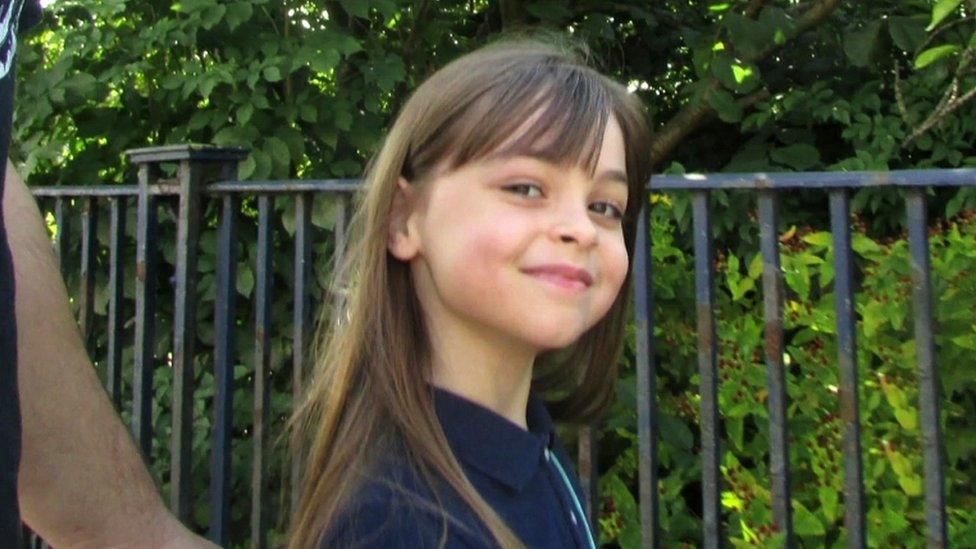Manchester Arena Inquiry: 'Window of opportunity' to help victim missed
- Published
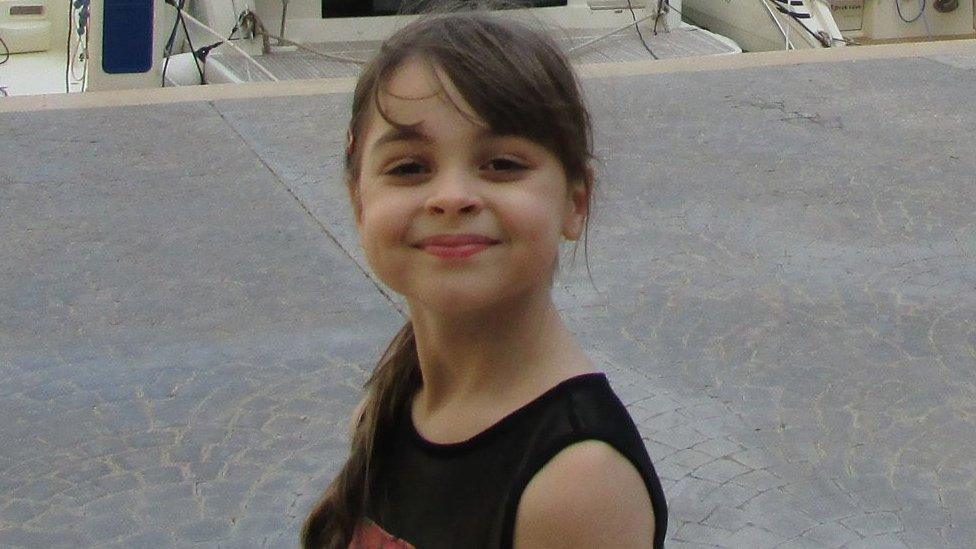
Saffie-Rose Roussos was the youngest victim of the Manchester Arena bombing
A victim of the Manchester Arena attack probably would have survived if a "window of opportunity" to treat her was not missed, an inquiry has heard.
Eight-year-old Saffie-Rose Roussos suffered serious shrapnel wounds and internal injuries in the 2017 bombing.
Blast wave experts previously told the Manchester Arena Inquiry her injuries were unsurvivable.
However, a medical specialist said she may have survived if she had been treated for blood loss at the scene.
Twenty-two people were killed and hundreds more injured when Salman Abedi detonated a bomb in the venue's City Room foyer at about 22:30 BST on 22 May 2017.
'More likely than not'
The inquiry has been told that Saffie-Rose, the youngest victim of the attack, arrived at Royal Manchester Children's Hospital 52 minutes after the explosion and went into cardiac arrest shortly after she entered the hospital's resuscitation room.
Despite the efforts of medics, she was pronounced dead at 23:40.
Dr Gareth Davies, who was commissioned by the family of the schoolgirl to give evidence, said her injuries could not have been as serious as previously outlined by the blast wave panel, because Saffie-Rose had been able to live so long without any meaningful intervention.
The former medical director of London's Air Ambulance said she should have received crucial treatment in the City Room for her blood loss.
He said there had been a "window of opportunity to provide therapy for Saffie", which began in the foyer and with the emergency medical technician (EMT) who tended to her.
"They have the key skills and equipment to provide treatments that are important to Saffie, namely splintage, traction and tourniquets," he said.
The inquiry has heard that an arena first-aider, who was trained to perform the role of EMT, assessed the youngster as she was lying on the floor, but moved on to assist other casualties as she thought Saffie-Rose was not breathing and did not have signs of catastrophic bleeding.

Twenty-two people died in the bombing on 22 May 2017
Paul Greaney QC, counsel to the inquiry, asked Dr Davies what impact the measures he suggested would have had on the young girl's "survivability".
Dr Davies said it was "more likely than not" she would have survived and added that a similar treatment intervention should have taken place in the ambulance before she was taken to hospital.
"There is potentially a window of 20 minutes where those interventions could have been in place and acting before Saffie enters cardiac arrest," he said.
He added that if those helping Saffie-Rose were "not taking those measures, you are committing her to continuing haemorrhaging".
"I would have expected paramedics and technicians to apply these techniques in this situation," he added.
"I recognise that it's very emotional and time pressured, that there is a need to get to hospital. You have to back a horse.
"I think at this point we believe she probably would have still lived."
The inquiry also heard from Lt Col Claire Park, who was also commissioned by Saffie-Rose's family, who said she thought survival was "less likely" at this point, but still "possible".
Both the experts emphasised that everyone who assisted Saffie-Rose at the scene "recognised the seriousness of her condition and cared for her with compassion and a clear desire to help save her life".
However, they had both concluded her injuries "were not incompatible with life".
The inquiry continues.

Why not follow BBC North West on Facebook, external, Twitter, external and Instagram, external? You can also send story ideas to northwest.newsonline@bbc.co.uk
Related topics
- Published2 December 2021
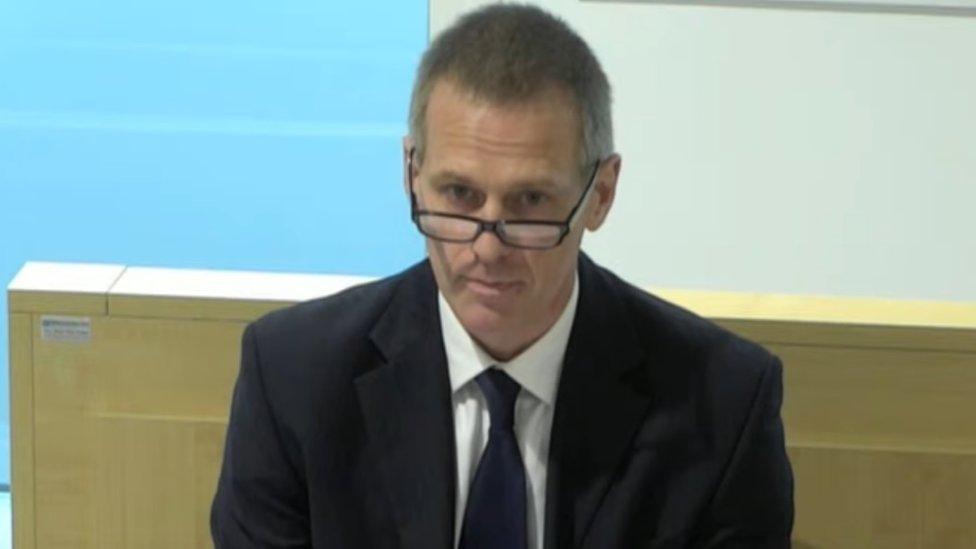
- Published1 December 2021
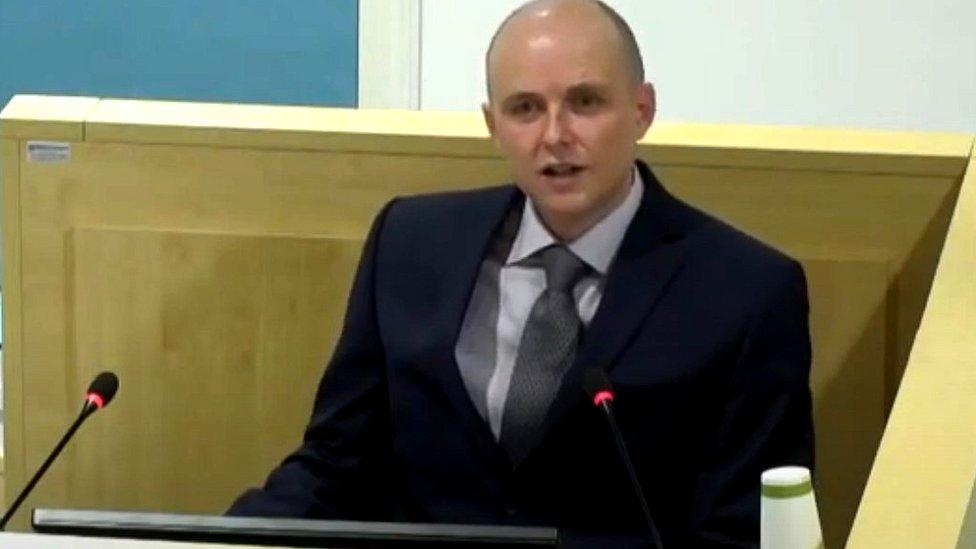
- Published30 November 2021
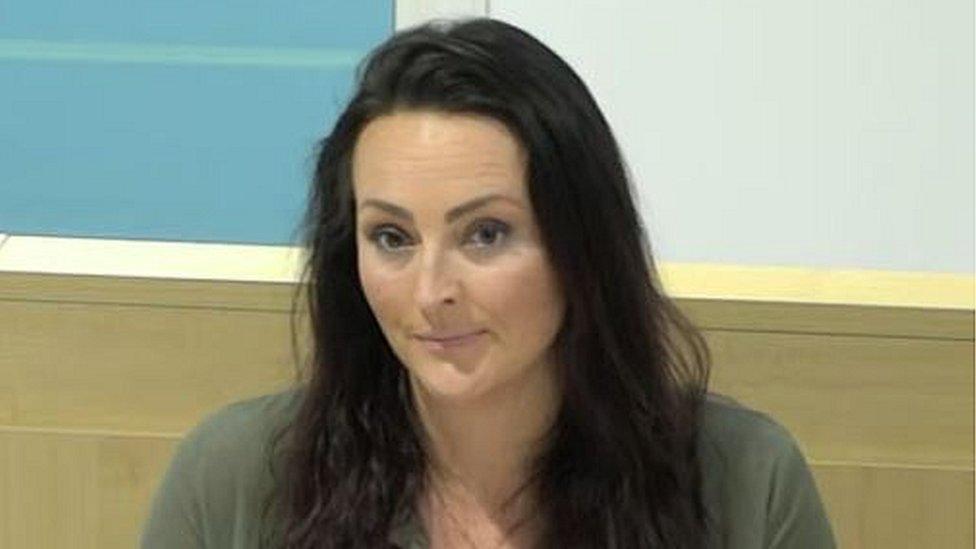
- Published29 November 2021
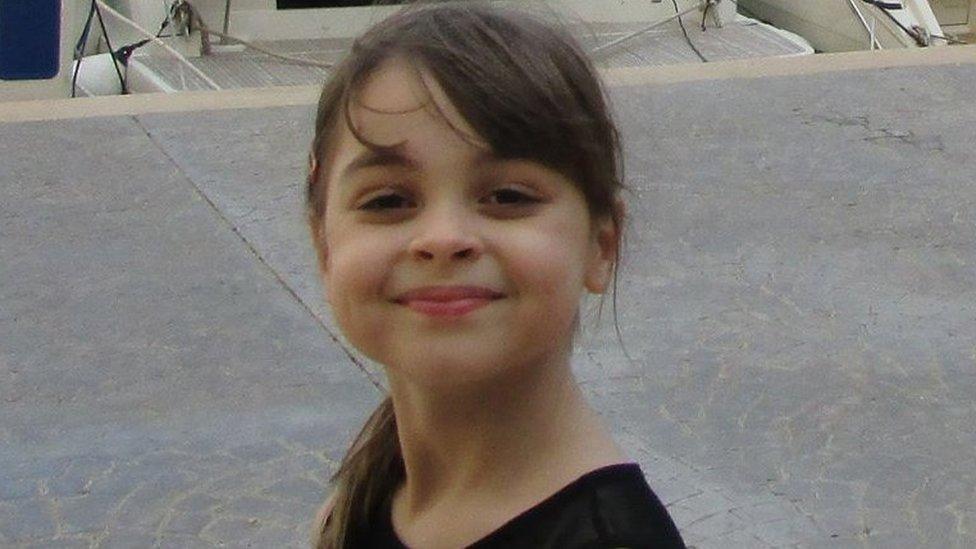
- Published19 January 2021
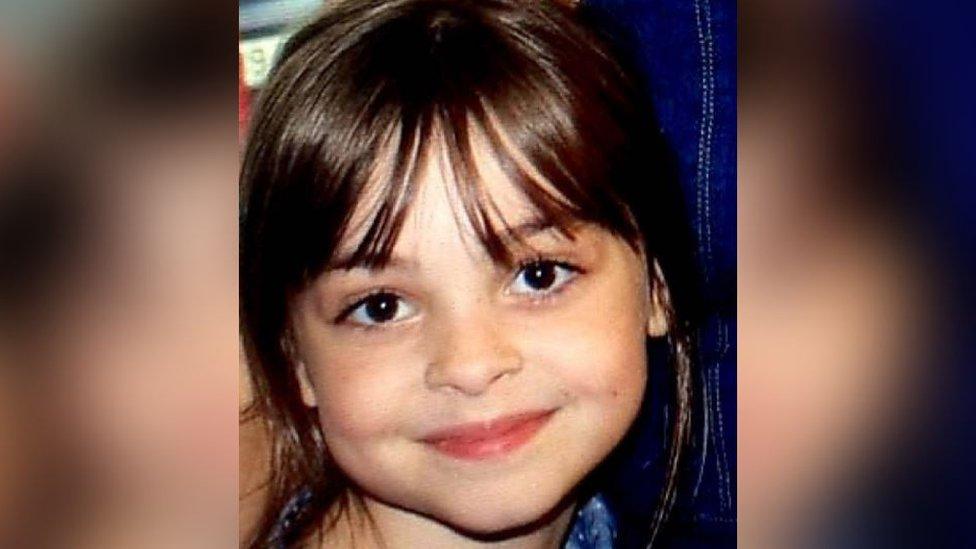
- Published18 January 2021

- Published17 January 2021
